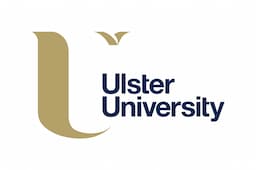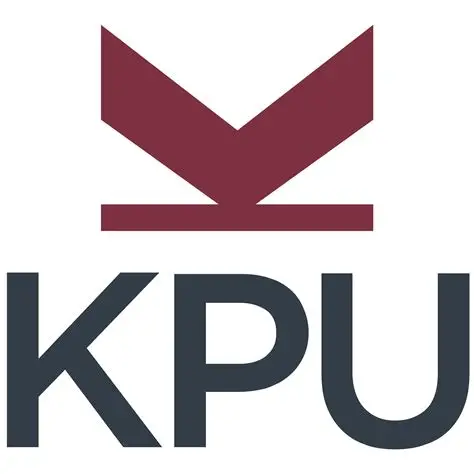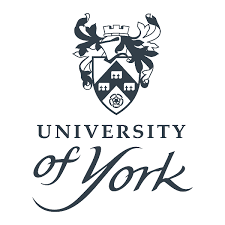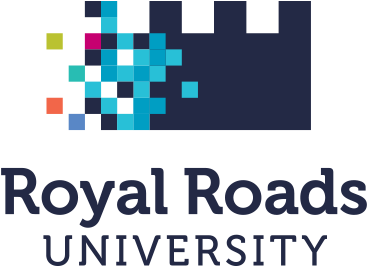
Technology with Design BSc (Hons)
Belfast Campus, United Kingdom
The BSc Hons Technology with Design is a four-year honours degree course consisting of three years in the University and one year on Industrial Placement. The course provides you with the opportunity to study technology in the context of design for the marketplace. It provides the skills, technical know-how and market awareness you need to apply creativity to the pursuit of innovation. The course is delivered by the School of Engineering and the Belfast School of Art
In Year 1 of the course, you are introduced to the main themes of the course. The technology and engineering design content includes learning about things such as materials and manufacturing methods, analytical methods, and computer aided design. You begin to develop your practical skills in model building and workshop practice. You also study design culture and develop your design skills. A teamwork project allows you to gain a deeper understanding of the role of engineering and design in a global context taking account of ethical, cultural and sustainability issues.
Second year deepens your understanding and knowledge of design, engineering and technology. You also develop your analytical, problem-solving and design skills. Visits to local industry provide an insight into real-world design and manufacturing. Individual and group project work allow you to gain experience of project management, team-working and help improve your communication skills. Preparation for the year of industrial placement also starts in year 2.
In Year 3 you undertake a year-long placement in an industrial or academic setting. This is normally a paid placement. Placement is compulsory and is an integral part of the course, providing you the opportunity to develop your professional skills and a deeper understanding of design and industry. Upon graduation, you are awarded a Diploma in Professional Practice (DPP) for successful completion of your placement.
Group and individual projects form an important part of final year where innovation and design are important themes. You can also pursue particular interests by choosing from a range of optional subjects.
The teaching, learning and assessment methods used largely reflect what you are expected to learn from each subject you study. So design is largely studio based with regular dialogue with your tutors. The technical underpinning required in science and mathematics are taught in ways that combine traditional features such as lectures and tutorials with a range of practical activities that embed this underpinning knowledge in the context of real-world systems and examples. Laboratory sessions include both demonstrations and experimentation. Other methods used include group and individual project activities, industrial visits and case studies. Learning is supported by access to design studios, extensive general and subject-specific IT facilities, including computer-aided design and simulation packages.
Design modules tend to use continuous assessment only. In other subjects, a combination of continuous assessment and formal examination is generally employed. Continuous assessment includes individual and group project work, class tests, design activities, oral presentations, and library and laboratory based assignments.
Staff delivering the course are focused on the provision of good quality, timely formative feedback to encourage students and to promote deeper learning.
Assessment methods vary and are defined explicitly in each module. Assessment can be a combination of examination and coursework but may also be only one of these methods. Assessment is designed to assess your achievement of the module’s stated learning outcomes. You can expect to receive timely feedback on all coursework assessments. This feedback may be issued individually and/or issued to the group and you will be encouraged to act on this feedback for your own development.
Coursework can take many forms, for example: essay, report, seminar paper, test, presentation, dissertation, design, artefacts, portfolio, journal, group work. The precise form and combination of assessment will depend on the course you apply for and the module. Details will be made available in advance through induction, the course handbook, the module specification, the assessment timetable and the assessment brief. The details are subject to change from year to year for quality or enhancement reasons. You will be consulted about any significant changes.
Normally, a module will have 4 learning outcomes, and no more than 2 items of assessment. An item of assessment can comprise more than one task. The notional workload and the equivalence across types of assessment is standardised. The module pass mark for undergraduate courses is 40%. The module pass mark for postgraduate courses is 50%.
Similar Programmes
Bachelor's Degree
48 months
Digital Game Design (Eng)
Istinye University, Sarıyer, Turkey
Earliest Intake
March 2026
Gross Tuition
8000 $
Certificate & Diploma
24 months
Computer Aided Design and Drafting
Kwantlen Polytechnic University, Surrey, Canada
Earliest Intake
October 2025
Gross Tuition
24841 C$
Bachelor's Degree
48 months
Theater Arts – Design & Technology
Rutgers University–Camden, Camden, United States
Earliest Intake
August 2025
Gross Tuition
35758 $
Master's & Postgraduate
12 months
Digital Media and Culture MA
University of York, York, United Kingdom
Earliest Intake
February 2026
Gross Tuition
28600 £
Certificate & Diploma
12 months
Graduate Certificate in Organization Design and Development
Royal Roads University, Colwood, Canada
Earliest Intake
March 2026
Gross Tuition
11238 C$
Uni4Edu AI Assistant










